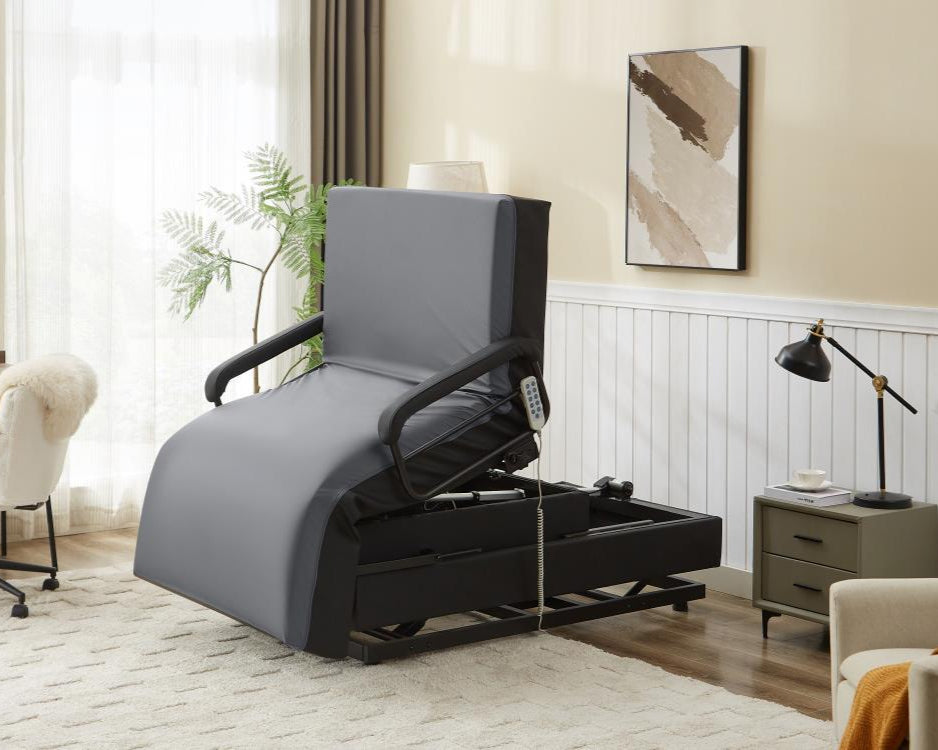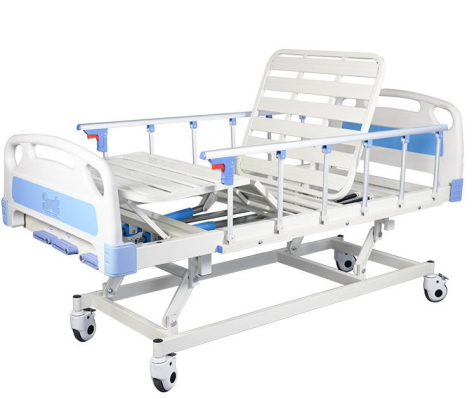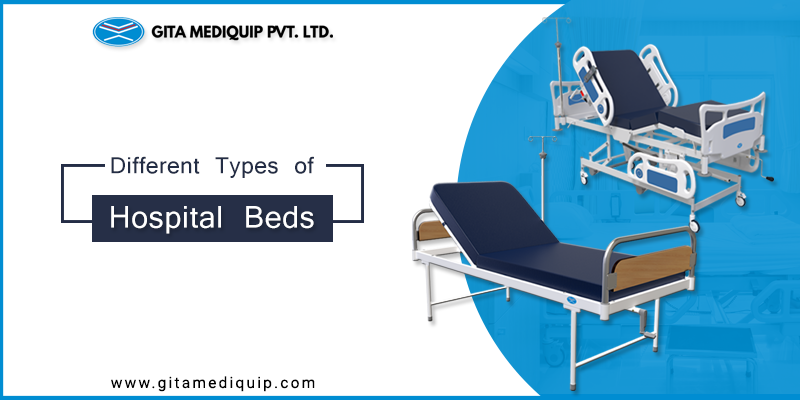About Hospital Beds For Home Use
Table of ContentsExamine This Report on Hospital Beds For Home Use4 Easy Facts About Hospital Beds For Home Use ShownThe smart Trick of Hospital Beds For Home Use That Nobody is DiscussingAn Unbiased View of Hospital Beds For Home Use4 Simple Techniques For Hospital Beds For Home UseThe Ultimate Guide To Hospital Beds For Home UseThe Best Guide To Hospital Beds For Home Use
There are 3 major kinds of medical facility beds: guidebook, semi-electric, and fully-electric. These beds use hand cranks to readjust the bed's elevation and raise and decrease the head and the foot.
Semi-electric beds have an electrical motor to elevate and reduce the head and foot portions of the bed (hospital beds for home use). Full-electric beds have an electrical motor that can elevate the head and foot areas of the bed as well as the entire height and positioning of the bed.
The Single Strategy To Use For Hospital Beds For Home Use
There are numerous types of health center beds, each designed to satisfy particular individual demands. Here are some common kinds: This is the most usual type of hospital bed, developed for general medical use.
Lower to the ground than a conventional bed. This kind of bed is created for larger clients, with a wider structure and higher weight capability than a basic bed. This type of bed is developed particularly for children, with smaller dimensions than a typical bed. Unique functions such as full size side rails and cartoon design.
This sort of bed is made for seriously ill patients that need open tracking and specialized medical devices such as ventilators and infusion pumps. This sort of bed is created for use during labor and distribution, with adjustable placements and functions to support the mom and infant during the birth procedure.
The 15-Second Trick For Hospital Beds For Home Use
Multiple feature and the devices carry out broadening grip to various components of the vertebra and the extremities without relocating the human body. These are simply a few instances of the types of medical facility beds available. The details sort of bed used will depend upon the person's condition, clinical needs, and other variables.
Below is things you need to know. A one-function healthcare facility bed is a medical bed that allows a person to relocate just the head or foot area up or down. A 2 function healthcare facility bed generally describes a type of clinical bed that has two adjustable features to help clients in medical facilities or treatment centers.

The Hospital Beds For Home Use Statements
A 7-function ICU bed is a kind of clinical bed that provides several flexible features to sustain seriously unwell people in a critical care unit (ICU) (hospital beds for home use). The seven functions usually include: Backrest modification: The backrest can be gotten used to numerous angles to assist the person sit up or relax conveniently
Elevation modification: The bed can be increased or decreased to make it easier for individuals to enter and out of bed, and for caregivers to supply care. Trendelenburg position: The entire bed can be slanted to promote blood flow and flow in the body. Reverse Trendelenburg placement: The bed can likewise be slanted in the contrary instructions to promote blood flow and circulation in the top body.
1. What Size is a Hospital Bed? 2. Just how much Does a Healthcare Facility Bed Expense? 3. Why Do Hospital Beds Have Side Bed Rails? 4. What Are The Main Healthcare Facility Bed Components?. While even more economical than electrical versions, these beds need exertion for changes. The main advantages of hands-on beds are their cost and reliability, as they do not count on electrical energy. Nonetheless, the need for hands-on effort can be a limitation in situations where quick modifications are necessary or where caregivers deal with physical obstacles.
How Hospital Beds For Home Use can Save You Time, Stress, and Money.
Semi-electric health center beds use a balance of manual and electrical controls. These beds supply a suitable center ground in between handbook and completely electric choices, supplying simplicity of use without the full expense of electric models.
Semi-electric beds are appropriate for individuals who require modest changes to the head and foot areas however can take care of without frequent elevation adjustments. This makes Source them a cost-efficient service for those seeking convenience and comfort without the requirement for consistent repositioning. Completely electrical health center beds include electric controls for seamless changes to the elevation, head, and foot sections.
Specialty medical facility beds, such as ICU beds, long-lasting care beds, and bariatric beds, are carefully created to deal with details medical requirements. These beds use tailored look after diverse person teams, improving both results and convenience. In the complying with areas, we will explore the main types of specialized hospital beds, detailing their details benefits and applications.
With years of experience in producing electric direct actuators - hospital beds for home use and close partnership with the healthcare sector, TiMOTION is well-positioned to offer trusted healthcare remedies. Our vertically incorporated firm manages every action of the manufacturing process, from design to actuator setting up, guaranteeing we supply outstanding value and tailored options customized to your details demands
Some Of Hospital Beds For Home Use

To find out more about integrating these innovations into your products, contact us today. Further reading:.
Information is sourced from the Medicare Expense Record.

What Does Hospital Beds For Home Use Do?
A medical facility bed is a bed created specifically for medical functions. It is not only an area for clients to rest, however also a system for clinical operations. Unlike normal home beds, hospital beds typically have flexible attributes, which can assist in medical personnel to make different adjustments according to the demands of clients, such home as changing the height, inclination, and assistance angle of the back and legs of the bed.